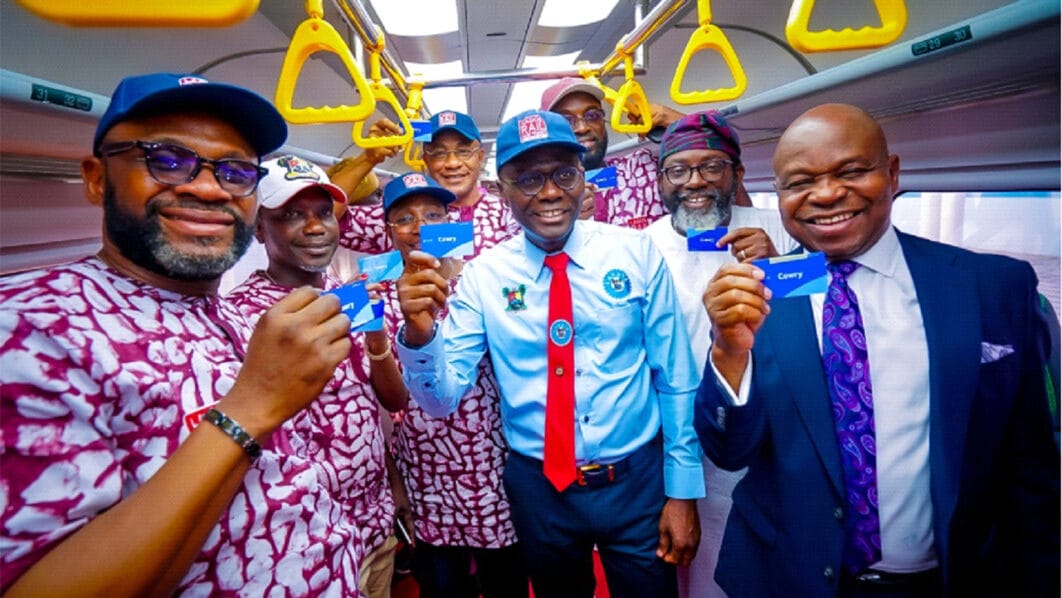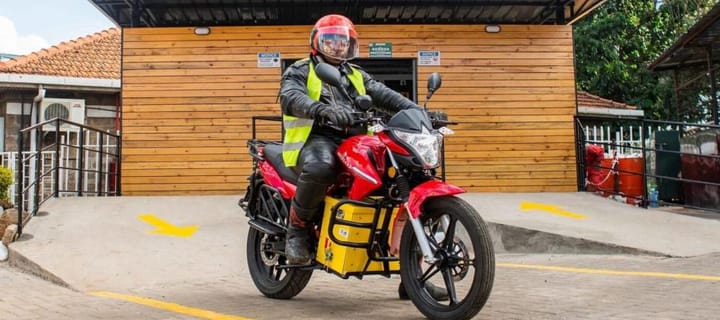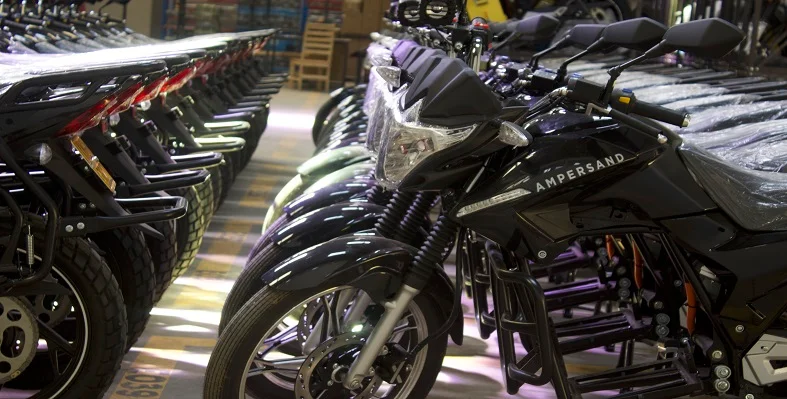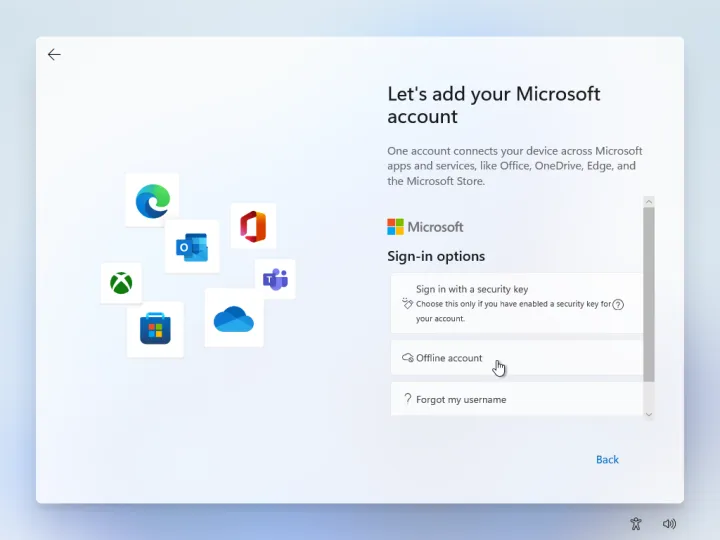Lagos Red line mulls hybrid power system, to curb diesel overhead

On Tuesday, the Lagos state government launched its red line, a 37km rail line connecting Oyingbo to Agbado. The train is the second intra-city rail system, following the inauguration of the Blue Line last year.
Lagos State Governor Babajide Samwo-Olu led the first passengers aboard the rail system, who were subjected to tests and free rides earlier in the month.
The red line launch comes two years behind schedule after missing projected timelines. Initially, expected to launch in the first quarter of 2023, no tangible reasons were given for the project delay.
On February 29, 2024, President Bola Tinubu commissioned the much-expected Redline Rail project, however, the transport authority— Lagos Metropolitan Area Transport Authority (LAMATA) claimed the launch was infrastructure-related and not connected to the actual operation. The red rail service only began operations Tuesday this week.
The eight-station Red Line line currently stretches through a rather busy Lagos suburb between Agbado in Ogun State and crossing through cities and suburbs in Lagos State like Iju, Agege, Ikeja, Oshodi, Mushin, and Yaba, before terminating at Oyingbo. The train's existence will come as a much-needed solution to traffic logjams Lagos residents experience.
One of the key concerns is the line's reliance on diesel for power. While the Blue Line operates on electricity, the Red Line currently uses diesel, leading to higher operating costs.
"We would use hybrid components to power the rail," Abimbola Akinajo, LAMATA Managing Director exclusively told BenDada. Hybrid components could include the use of batteries, gas or solar panels in this regard, the MD quickly clarified. The timeline for the hybrid components has not been agreed yet.
Safety is also a priority for the Red Line. The line's tracks are shared with the National Railway Corporation (NRC), which necessitates the use of sensors and strict scheduling to prevent collisions. While officials have assured commuters of the line's safety, concerns remain about potential terrorist threats. Electric railways usually make trains inaccessible to possible vulnerabilities.
One person familiar with the speed of the rail said the trains currently run 10-20 miles per hour but could do 70 miles at night. The location of the tracks intra-city is the reason for the decreased speed levels plus the scheduling of shared tracks with the National Railway Corporation. The speed of the lines will be increased after conversations with the NRC, Akinajo assured.
Passengers worry about the high fare price
Two persons who boarded the rail to Oyingbo worried about the cost and the slow train speed.
“₦1500 per trip would imply that the target class is not the average Lagosian," one person aboard the rail said.
A one-way ticket for the 1-hour trip costs ₦1500 at decreased speed levels with air condition. This pales in comparison to the blue rail which costs ₦750 for a one-way trip from Mile2 to Marina. Sanwoolu had previously promised train fares of ₦300 per trip during his second-term campaign.
However, it’s still cheaper than other alternatives. An average danfo trip between Oyingbo and Agbado costs ₦2,300, while Uber passengers could cough as much as ₦12,630 for that same trip.
Thus far, the train has taken 20,000 passengers during the test run phase this month, the transport authority told BenDada. At full capacity, the train is expected to take one million passengers daily. LAMATA anticipates more rail cars after taking delivery of two train sets of 21 cars in September 2022.
"We expect additional rolling stock to come in next year," Sanwoolu added.






